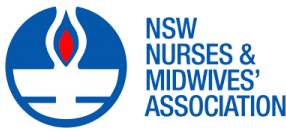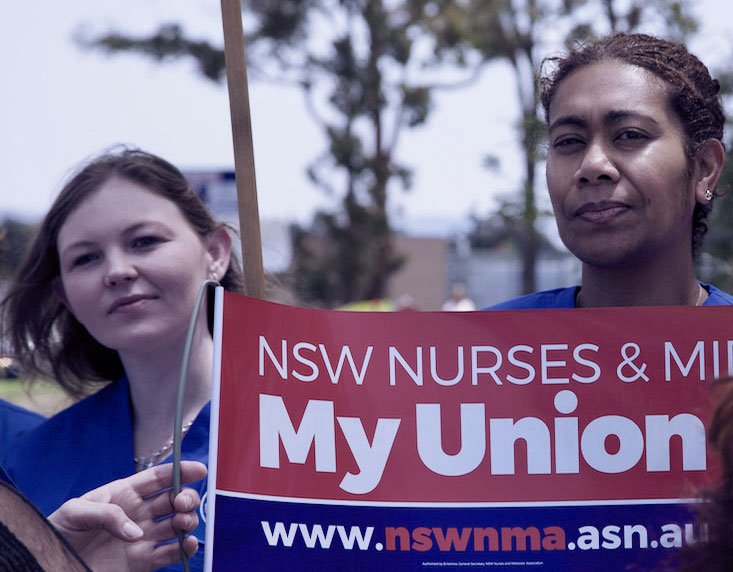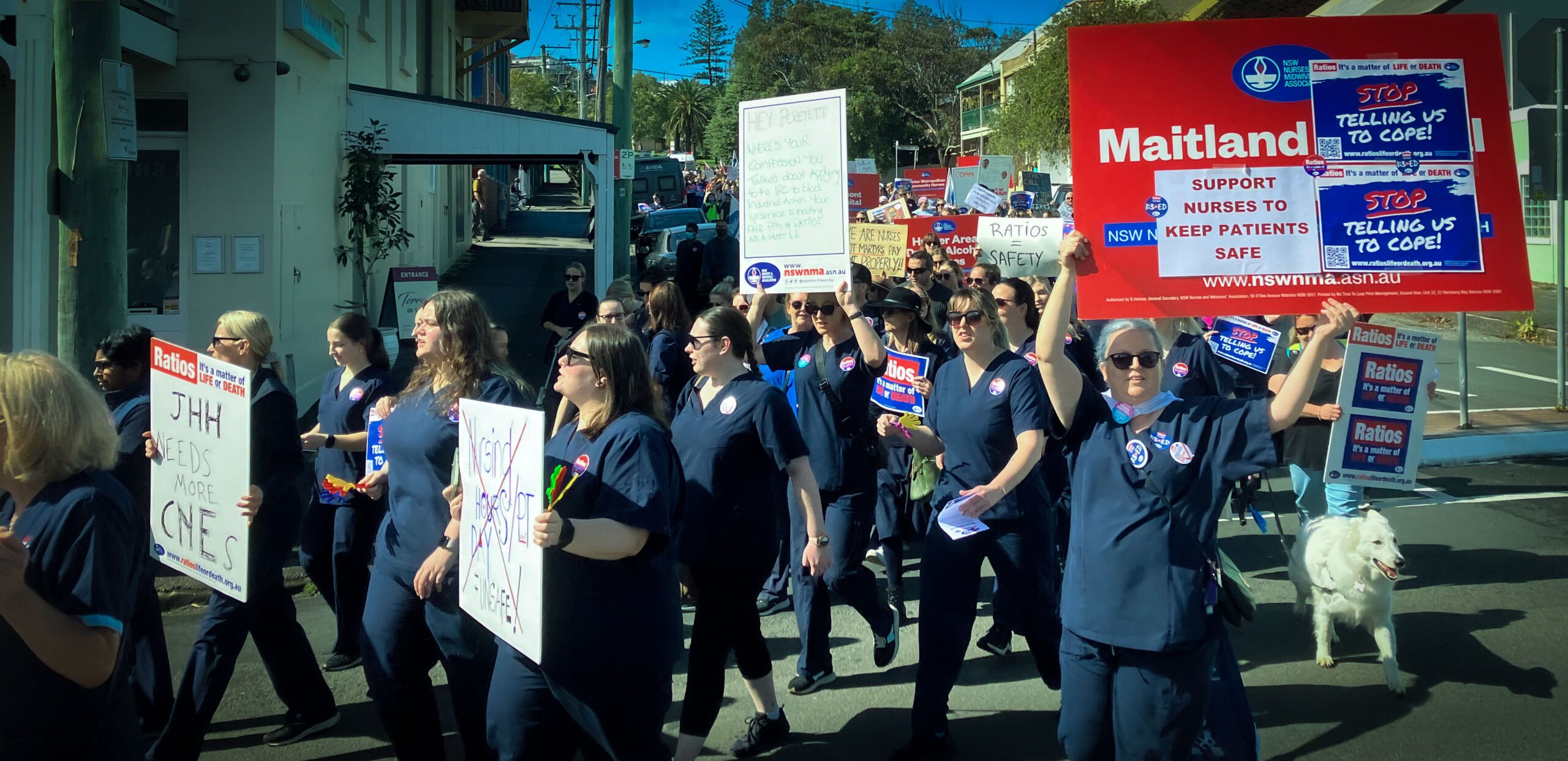A new project launched yesterday will offer NSW residents much needed support to address alcohol-related harms in their communities.
A one-year pilot, the Alcohol Community Action Project (ACAP), will also provide the NSW Government with a model for a future, government-funded Community Defenders Office.
Jointly funded by the Foundation for Alcohol Research and Education (FARE), and the Australian Rechabite Foundation (ARF), ACAP’s establishment follows a 2013 FARE report which identified the barriers preventing concerned members of the public from having a say in liquor licensing decisions affecting their communities.
ACAP boasts two main resources: in-house, free advice and assistance to be provided by the newly appointed ACAP Project Manager and experienced Newcastle community campaigner, Tony Brown, and the complementary ACAP website, which will provide detailed action guides, case studies and research material to assist local communities to successfully influence local liquor licensing decisions.
FARE Chief Executive Michael Thorn says ACAP will restore balance and fairness to a system currently weighted against communities and will serve as a model for a more comprehensive Government–funded, independent initiative.
“The establishment of the Alcohol Community Action Project provides a lifeline to groups across the state that struggle to challenge liquor licensing decisions in their communities. We want to demonstrate in a practical, tangible fashion the need and value of this service in NSW. In recent weeks we have seen the NSW Government announce some welcome measures, but it is also important that members of the public who want to keep their local communities safe are heard and not hindered by Government,” Mr Thorn said.
ACAP Project Manager Tony Brown brings to his new role vast experience assisting communities to understand liquor licensing systems, processes and related regulations to address their alcohol- related concerns.
In 2008, Mr Brown led community demands for action on alcohol harm in Newcastle and was instrumental in the introduction of a new set of conditions, including a reduction in late-night trading hours of licensed premises. The ‘Newcastle Conditions’ resulted in a 37% reduction in alcohol- related assaults and a stronger and more diverse night-time economy.
Tony Brown says Newcastle serves as a reminder not only of the importance of adopting evidence- based policies to reduce alcohol harms, but of the potential for concerned residents to come together and create a safer, more prosperous community.
“I look forward to working with individuals and groups across the state and assisting them in their efforts to create safer and healthier communities. They deserve a say in the liquor licensing decisions that so often affect them adversely and ACAP will demonstrate both the demand and value of such a service,” Mr Brown said.
ACAP is supported by an $84,000 contribution from the ARF. Rechabite Foundation spokesperson Margaret Campbell says ACAP will help people mobilise and advocate for a major reduction in alcohol-related harm to individuals, their families and communities.
“Navigating the labyrinth of liquor-related Development Applications (DAs), liquor licensing and related approvals is a challenge even for those of us experienced in this area, but ACAP has put together a rich collection of resources that will allow the public to have their voices heard on liquor- licensing decisions and will serve as a model for a more comprehensive state Government initiative,” Mrs Campbell said.
ACAP is made possible by a grant from The Australian Rechabite Foundation and the Foundation for Alcohol Research and Education. Foundation for Alcohol Research and Education (FARE) is an independent, charitable organisation working to prevent the harmful use of alcohol in Australia. Since 2001, FARE has invested over $115 million in research and community projects to minimise the impact of alcohol misuse on Australians. Through its national grants program and commissioned research FARE has established itself as a leading voice on alcohol and other drugs issues. FARE works with community groups, all levels of government, police, emergency workers, research institutions and the private sector to address alcohol-related problems.







